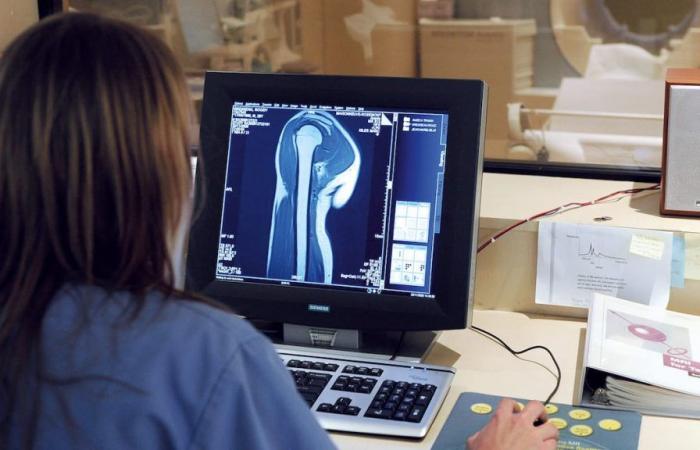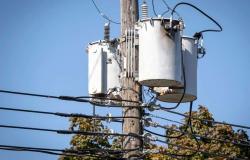Access to health care has deteriorated under the CAQ, estimates a majority of Quebecers, who are increasingly turning to the private sector, according to a new Léger survey.
The findings of the probe* are final. Only 5% of respondents noted an improvement in access to health care in Quebec over the last five years.
Conversely, 56% say the situation has deteriorated. “So the difference between the two is minus 51 points. It’s a very negative perception,” underlines the executive vice-president of the Léger firm, Sébastien Dallaire.
A third of those surveyed did not see any changes, but “we must remember that 5-6 years ago, Quebecers were already negative about the health system,” recalls Mr. Dallaire.
Since 2022, Minister Christian Dubé has set in motion a vast reform, which recently led to the creation of the Santé Québec agency and the establishment of the Front Line Access Desk.
Private recourse
Over the past five years, more respondents than before have turned to the private sector to receive medical care, whether through insurance or paying directly out of their own pocket.
This could include a range of services, such as paying for a vaccine, having tests, seeing a specialist nurse or doctor.
Thus, 42% used services not covered by RAMQ, compared to only 25% before 2019.
This 17% increase is “a significant difference from a statistical point of view,” says Mr. Dallaire. However, he brings a downside, reminding us that memory can play tricks on those surveyed.
“But it tells us that people’s perception is that they need to do it more now than in the past,” he said.
In addition, for a majority of people surveyed (39%), the quality of health care offered in the public network is less good than in the private sector. Only 8% think the opposite.
Generational debate
For the future, Quebecers are divided on the development of health care offered by private clinics: 38% believe that Quebec must encourage it, compared to 37% who are opposed to it.
But a quarter of respondents did not comment, suggesting that they can still be convinced one way or the other.
The survey also reveals a greater attachment among those aged 55 and over to the public network, compared to young adults: 44% of those aged 18-34 support the development of a private offer, while the same proportion of their elders support oppose it.
Moreover, more young people pay to obtain health services. One in two people aged 34 and under have paid for medical care in the last five years, compared to 36% of those aged 55 and over.
Same observation among parents of children, who are possibly looking for quick access to relieve their little ones: 56% have paid for health care, compared to only 37% of people without children.
Bottom of thumbnail Photo credit






